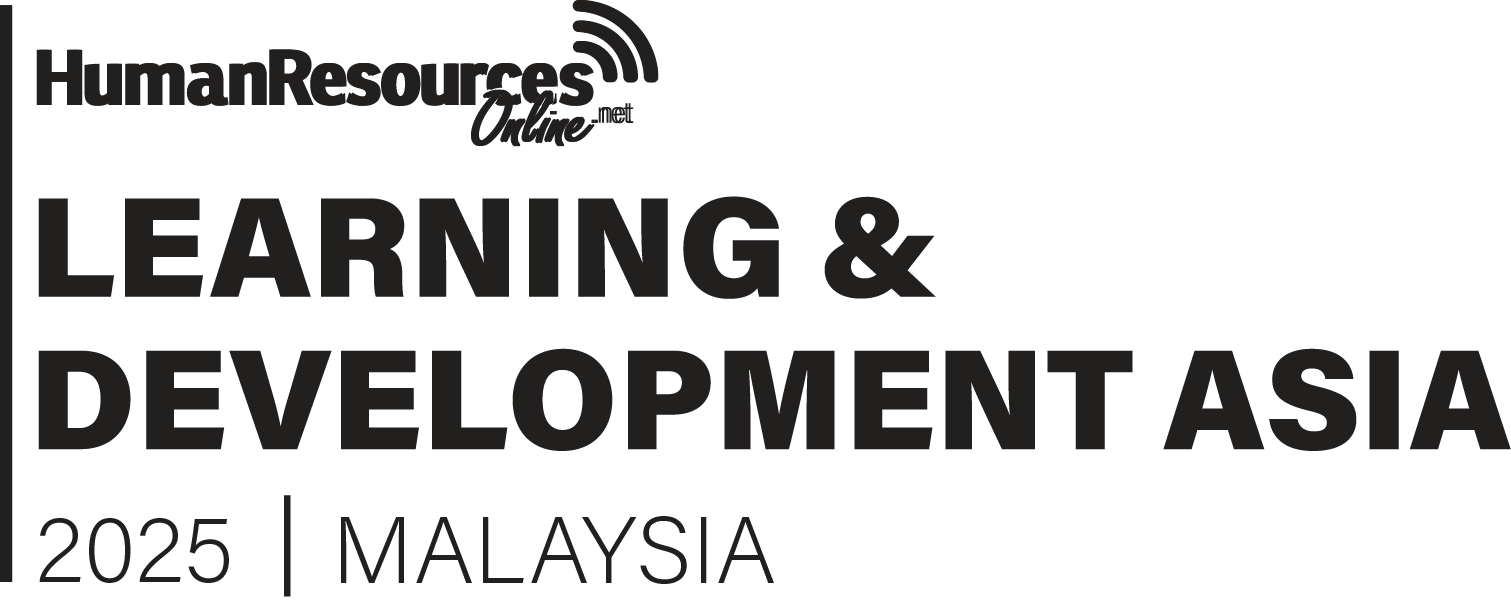DAY 1 | WEDNESDAY, 24 SEPTEMBER 2025
8:00 AM
Registration
9:00 AM
Opening address

Aditi Sharma Kalra
Editor-in-Chief
9:20 AM
[Opening keynote]
The art of learning and unlearning: Breaking habits to build future-ready mindsets
Change is constant, but adapting to it is anything but easy especially when old habits, beliefs, and ways of working are deeply ingrained.
Whether it’s individuals clinging to familiar routines or organisations resisting new ways of thinking, the ability to learn, unlearn, and relearn is now a critical skill. However, letting go of outdated approaches no matter how successful they once were requires courage, discomfort, and a culture that supports experimentation over perfection.
This session explores the psychological, cultural, and structural challenges behind unlearning and how both individuals and organisations can break free from what no longer serves them to make space for growth and innovation.
In this opening keynote, we dive into:
- Understanding the neuroscience of habit formation and why unlearning is harder than it sounds.
- Fostering a mindset of curiosity and adaptability in teams to embrace change, not resist it.
- Exploring what it takes to embed unlearning into your organisational culture moving from rigid expertise to flexible learning.
Speaker:

Norhayati Hanapiah
Director, Human Capital
Transforming capability building
10:00 AM
[Panel discussion]
From roles to readiness: What’s working in the shift to a skills-based approach
As organisations transition from traditional role-based models to skills-based structures, many are discovering both the promise and the pitfalls of this transformation. While the approach offers increased agility and more targeted development, successful implementation requires more than just a mindset shift, it demands integrated systems, reliable data, and cultural alignment.
This session will unpack the real-world progress of skills-based transformation, what’s working, what’s not, and how L&D leaders can navigate the shift with impact and intention.
- Lessons from successful implementations, from personalised L&D plans to clearer internal mobility.
- How skills-based structures are enabling fluid talent deployment across roles and functions.
- How organisations are balancing role-based and skills-based approaches in practice.
Moderator:

Pamela Geh
Country Lead, Talent & Excitement
Panellists:

Sabrina Diana Koshy
Future Skills & Learning Manager

Shanti Ramsamy
Senior HR Director, South East Asia

A. Sathiyan
Co-Founder and Lead Consultant
Engage Consultancy
10:40 AM
Morning break
11:10 AM
[Keynote presentation]
Not just for data scientists: The art of data storytelling for L&D professionals
In today’s workplace, people are drowning in dashboards, reports, and metrics, yet starved for meaning. Data on its own rarely inspires action. Storytelling is what cuts through the noise.
In this 30-minute session designed for L&D professionals, you’ll discover why data storytelling is one of the most powerful skills you can build for yourself and your learners. You’ll learn a five-step framework for transforming raw numbers into compelling narratives that drive clarity and decision-making.
Through real-world examples and practical takeaways, you’ll leave knowing how to:
- Define a powerful key takeaway that resonates with your audience and back it up with data.
- Draft a clear data storyline that cuts through the noise and focuses on what really matters.
- Give your charts a makeover so the most important insights stand out at a glance.
Speaker:

Isaac Reyes
Co-Founder
StoryIQ
11:50 AM
[Keynote presentation]
Scaling smart: Designing globally accessible L&D for a distributed workforce
Meeting the learning needs of a globally dispersed workforce requires more than just translating content, it demands thoughtful design, scalable infrastructure, and inclusive delivery. L&D teams are under pressure to ensure employees across regions have equal access to critical skills, aligned learning experiences, and opportunities for growth.
This session explores how organisations are rebuilding L&D programmes that are both globally consistent and locally relevant, while navigating challenges of scale, accessibility, and engagement.
Key discussion points include:
- Localisation strategies that maintain global consistency while respecting regional nuances.
- Leveraging technology to remove barriers in connectivity, language, and time zones.
- Frameworks for rolling out impactful L&D across multiple geographies with agility and efficiency.
Speaker:

Jake Pratley
Director
12:30 PM
Networking lunch
1:30 PM
[Speed networking]
Learn & Link
1:50 PM
[Panel discussion]
Equitable learning: Aligning diversity with impact in a distributed workforce
For organisations with a predominantly blue-collar or widely dispersed workforce, delivering impactful and consistent learning experiences remains a complex challenge owing to the diversity of learning environments, from factory floors to remote field sites.
This session explores how L&D leaders can strike the right balance between learner autonomy and business-aligned development, particularly in contexts where access, digital literacy, and work conditions vary significantly.
Key discussion points include:
- Structuring for scale and consistency – Designing learning that is accessible, contextually relevant, and aligned across different worker profiles and geographies.
- From optional to intentional – Reintroducing a more guided learning path without disempowering learners.
- Meeting distributed learners where they are – Innovative approaches to deliver training that fits into the daily routines and capabilities of frontline and non-desk workers.
Moderator:

Cyril Tan
Head of Organisation Effectiveness
Panellists:

Anne Gnanapragasam
Head of People Malaysia, GSC & Tech

Mabel Lim
People Director
Nando’s Chickenland Malaysia

Muhammad Nashriq Izmer
Head, Learning & Development
Proving learning value & ROI
2:30 PM
[Fireside chat]
From skills gap to skills revolution: Reframing skills as a strategic lever for competitiveness and long-term resilience
Malaysia’s ambition to move up the value chain relies on more than GDP targets; it needs a workforce able to adapt and lead. Skills mismatches, uneven links between education and industry, and low mobility have left many Malaysians under-represented in senior roles even within their own markets.
Drawing on decades of regional business experience, Sriram shares an industry view of where gaps persist and what it takes to close them.
In this fireside chat, we’ll explore how you can:
- Rethink skills as national infrastructure, not just an HR agenda.
- Align education, business, and government to create portable, future-ready capabilities.
- Enable Malaysian talent to rise to leadership roles across sectors and the region.
Interviewee:

Krishnamurthy Sriram
CEO
Interviewer:

Aditi Sharma Kalra
Editor-in-Chief
3:10 PM
Afternoon break
3:40 PM
[Case study]
Beyond numbers: Demonstrating ROI on workforce skilling programmes
Measuring the return on investment (ROI) for L&D initiatives is never straightforward. While individual impact can be tracked through competency frameworks, evaluating the broader organisational impact remains a significant challenge—especially when businesses are chasing profitability as the key performance metric.
As the demand for evidence of value grows, organisations face the challenge of balancing the need for evaluation with the resources required to execute it.
In this session, let’s explore:
- Understanding the difference between individual-level and organisational-level ROI, and why both matter.
- When is it necessary to invest in deep evaluations, and when can data-driven insights be enough?
- Strategies for leaders to effectively measure and communicate the true impact of learning initiatives, beyond numbers.
Speaker:

Salina Sulaiman
Principal, Talent Development
4:20 PM
[Mini keynote presentation]
Lead at the speed of success: Six leadership sprints for today’s business landscape
In nature, a cheetah doesn’t wait for the perfect moment—it accelerates from 0 to 60 in seconds to secure results. In today’s fast-changing business environment, leaders who hesitate risk being left behind.
This keynote introduces the concept of leadership sprints—six powerful practices that help managers shift from reactive decision-making to agile leadership. With a focus on speed, precision, and momentum, the session equips participants with strategies they can apply immediately to lead more effectively.
Key discussion points include:
- The six leadership sprints: A framework for turning urgency into purposeful action.
- Breaking hesitation habits: How to move decisively without sacrificing clarity.
- Speed with precision: Balancing rapid execution with strategic foresight.
Speaker:

Shankar Nagalingam
Global Vice President Human Resources
Lumileds
4:40 PM
Closing remarks

Aditi Sharma Kalra
Editor-in-Chief
4:50 PM
